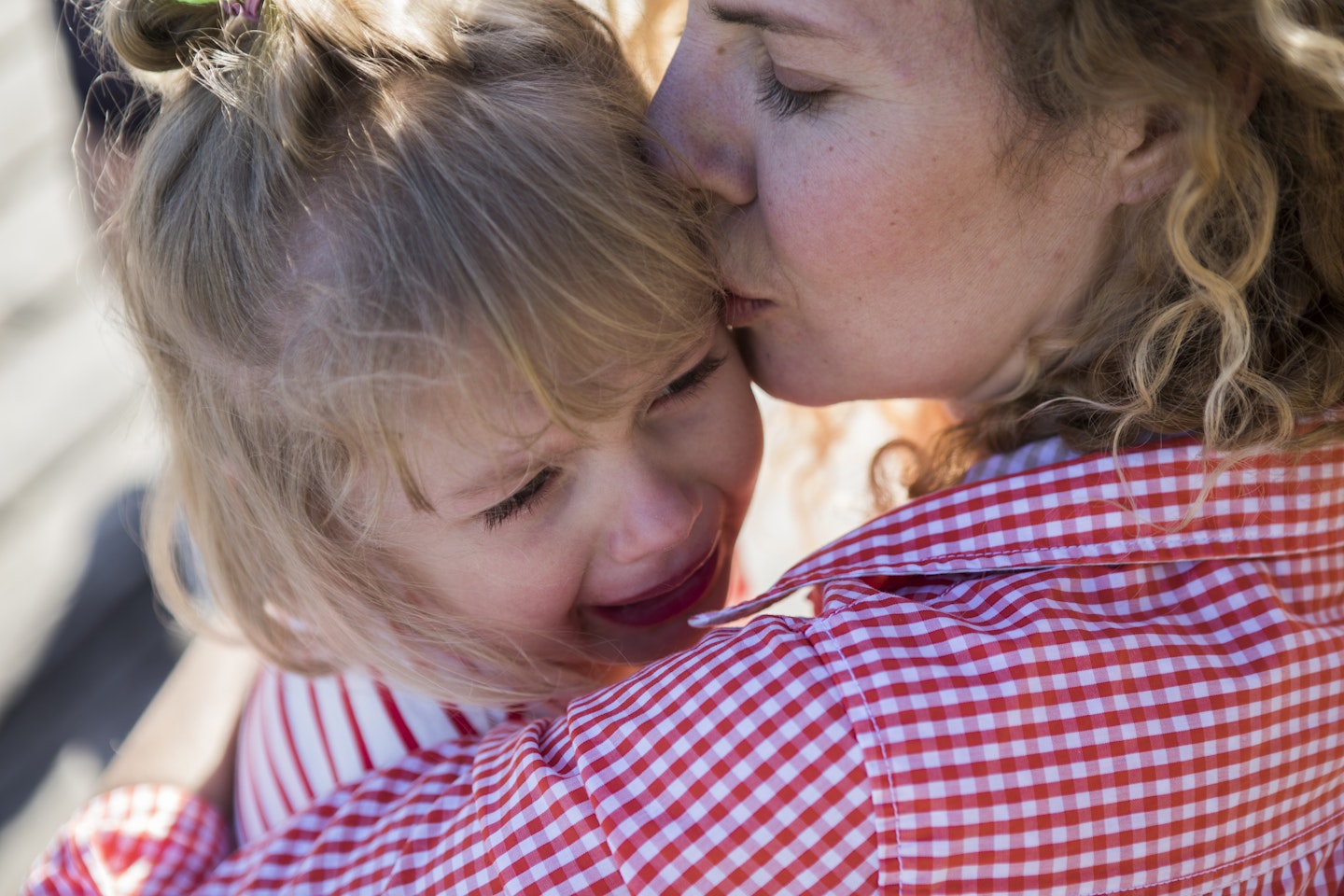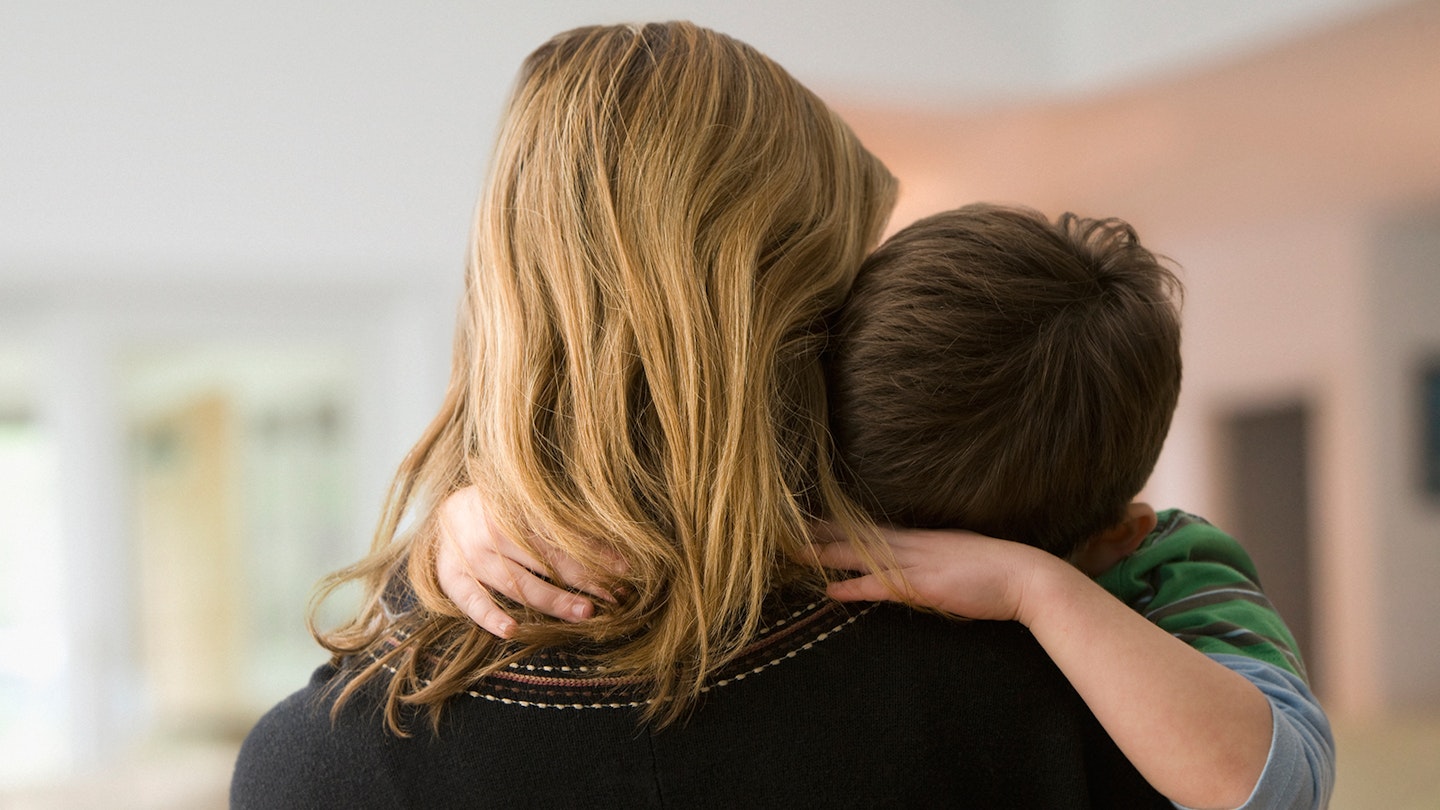When someone significant in a child’s life dies, such as a parent or someone who acts as a parent, their view of the world and sense of security are threatened.
The way we teach them how to cope with their losses in childhood sets a pattern for the rest of their lives.
Grief counsellor Lianna Champ talks through her top tips for helping small children grieve...
1) Be straightforward

Trying to distort the facts of life and death in an attempt to soften the truth for younger children can inadvertently create a mystery around death which may then force them to use their imagination to fill in the blanks. This can add further confusion and fear.
By using straightforward language to explain what ‘dead’ means we are teaching children a truth: that people can die if their bodies stop working properly through illness or if there has been an accident. In the case of a suicide, it is ok to admit that we don’t always know why someone has died. The reactions from children can be challenging and unpredictable.
2) Let your children know you're there
Let your children know that you are there for them. Create a safe space where they can talk about their loss. Don’t offer an opinion but be open in your body language. Feedback words to show you understand but don’t interrupt their flow. Try not to analyse what they are feeling or compare how you feel. Comparisons minimise the importance of their feelings and if they don’t match yours this can affect their self-esteem and confidence, creating imaginary failings where there are none.
3) Give them lots of love

Children may become clingy, wet the bed or want to sleep with the lights on. All these changes are quite natural. This is their way of trying to process their pain and they need time to balance. They do not have the vocabulary of adults to be able to express their feelings. Give them lots of love and reassurance. Explain in simple words that what they are experiencing is a normal and natural reaction. Above all, try not to make them feel that there is something wrong with them. Whatever they are experiencing is right and normal for them. Be ready to answer questions whenever they ask them.
4) Look at photographs together
Choosing photographs together to make a scrapbook can evoke lovely conversations and memories to share. Choose a beautiful memory box for cherished items. Have a memory hour where they think of their favourite memories of their mum or dad and write them down. Memory is how we hold on to the things we love.
Meet the Expert: Lianna Champ has over 40 years’ experience in grief counselling and funeral care and is the author of practical guide, How to Grieve Like A Champ
